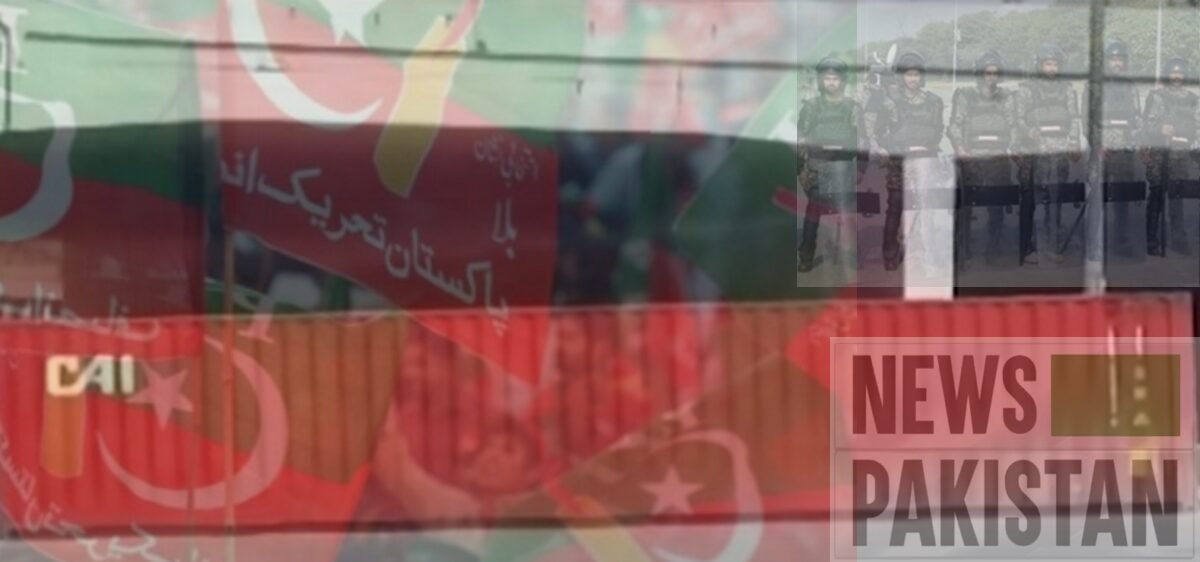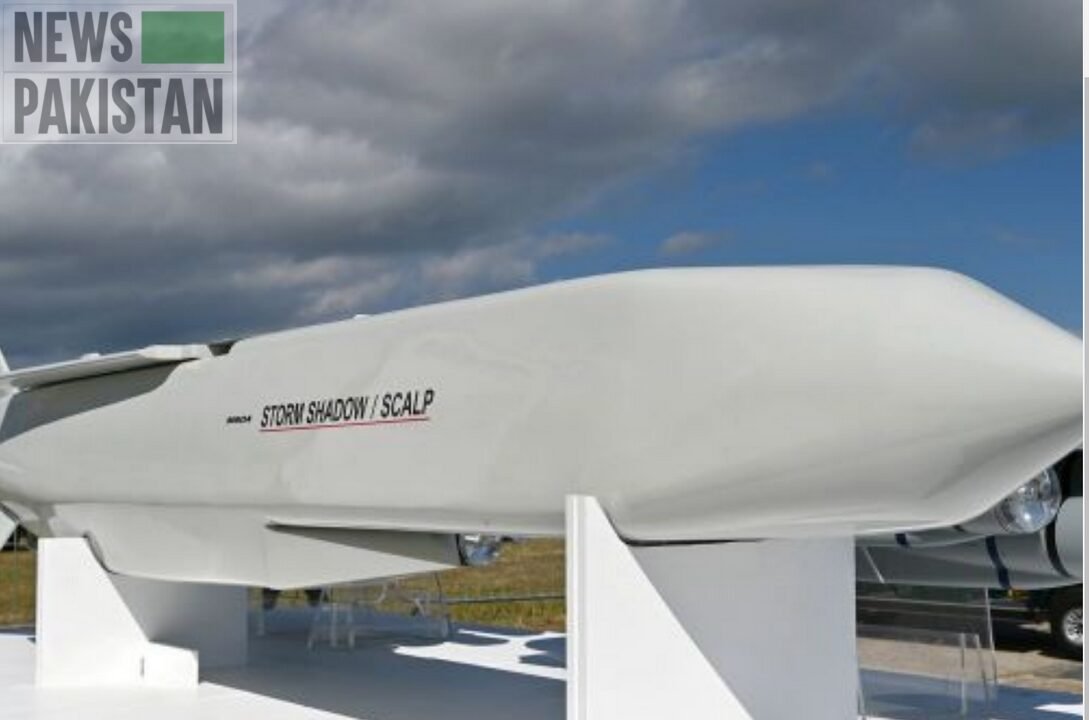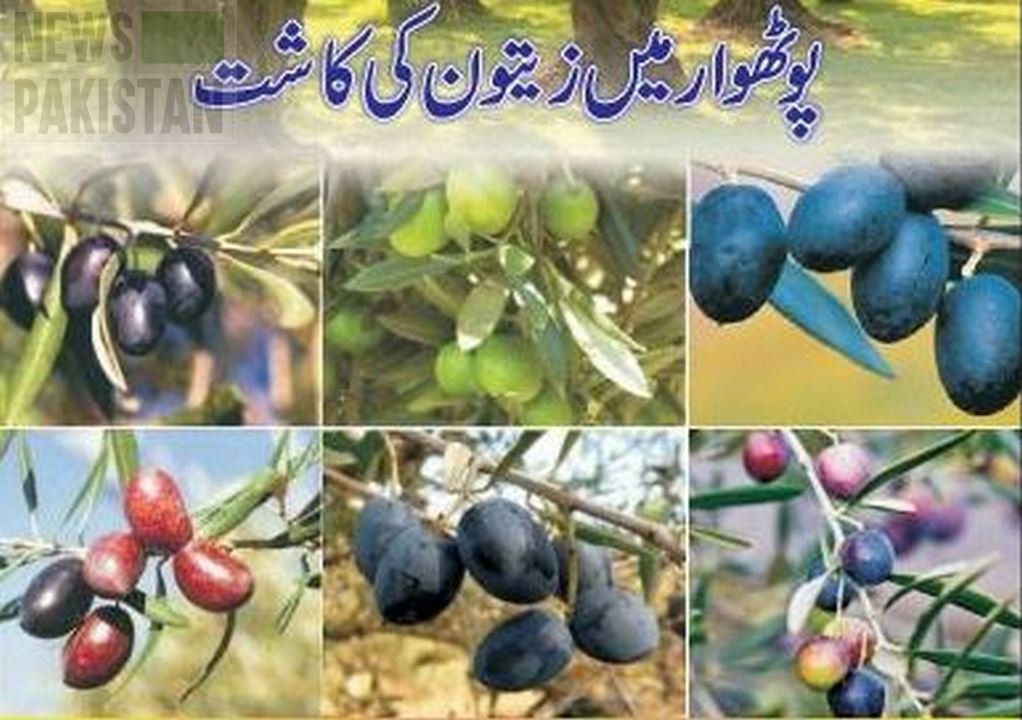RAWALPINDI: Owing to the hectic efforts of the first Center of Excellence for Olive Research and Training (CEFORT) established at Barani Agriculture Research Instituate (BARI), over 800 olive farms have been established in Potohar region.
According to BARI Director Muhammad Rafique Doggar, the institute has provided over 1.2 million olive saplings to the farmers while the new research and innovation facility (CEFORT) was increasing olive production and employment opportunities in the region.
BARI had imported a state of the art machine from Italy to extract olive oil and the service was available for the growers free of cost, he said adding, the demand of olive oil is increasing day by day as it has great medicinal value.
He said CEFORT was supporting scientific and technical research and serving as a resource center in the region. BARI is making all out efforts to enhance olive cultivation considerably in Potohar region which was declared an ‘Olive Valley’. Trees of olive laden with fruits at BARI are the proof that Potohar can be turned into Olive Valley easily.
The olive saplings were provided free of cost to the eligible farmers of the region including Rawalpindi, Chakwal, Jhelum, Attock and Khurshab districts.
The programme was launched for promoting local production of olive and curtailing import bill of edible oil sector, he said and informed that the growers are offered subsidy in accordance with the set rules and procedure and they are bound to fully comply with the recommendations of the Provincial Agriculture Department.
He said for the purpose the Punjab Agriculture Department had imported high quality saplings from best recognized countries for the production of olive.
The eligibility criteria for the grant of free olive saplings extend to those farmers belonging to the region, who possess sufficient irrigation resources for the maintenance of an olive orchard, or who aspire to avail the 70 per cent subsidy available, to manage irrigation resources. If the grower opts to establish a drip irrigation system, then the applicant shall be eligible to avail a 60 per cent subsidy.
The area of Potohar region has suitable climatic conditions for olive cultivation as presence of wild olives at large area was already in the region. That’s why the government decided to turn Potohar into olive valley, he added.
He further elaborated that olive is an environmental friendly plant and it does not take the area of other crops. An olive tree starts production after three to four years of its plantation while its productive age lasts for a long period, the director told APP.
“If we only utilize one third of our available area for olive cultivation, we would not only stop the import of edible oil rather but could become one of the largest olive oil producers, ” he said.
Total world production of olive oil is 2.75 million tons and only one-third of Chakwal’s cultivated area can produce 2 per cent of world olive oil that is 55,000 tons.
To stop Pakistan’s import of edible oil, 2.37m hectares area is required for olive cultivation and for this task a hefty amount of budget is also needed.
A single plant of olive yields 15 to 35kg as it depends upon varieties, ecosystem and care while oil content remains 18 to 22 per cent. 250 plants can be cultivated on a hectare and we can get 600 litres of olive oil from one hectare, maintained Muhammad Rafique.
The price of olive oil is Rs700 to 1000 per litre and a farmer can earn Rs300,000 by growing olive on a hectare. Interestingly, the pickle of olive can give a huge profit to its producer as a farmer can earns Rs1176,000 by preparing 4,000kg of pickle from one hectare.
The economic return of olive is very high and its cultivation can bring a revolution in the lives of poor farmers, he said.
He further informed that olive demands less care than other crops and its harvesting is also easy than other crops.
He said the institute organizes national olive festival to promote awareness and olive cultivation and its related business.
Muhammad Rafique informed that a two-day National Olive Festival 2020 was organized in November to facilitate the growers.
He said the country spends over Rs 350 billion annually to import edible oil but the import bill can be reduced considerably through promotion of olive cultivation.
He said the institute had played a pivotal role to enhance olive cultivation in the region.
Muhammad Rafique said the government had also set up a center of excellent for olive research and training at BARI where besides the research work, the farmers were also being imparted training to grow olive plants.
Newspakistan.tv/APP











